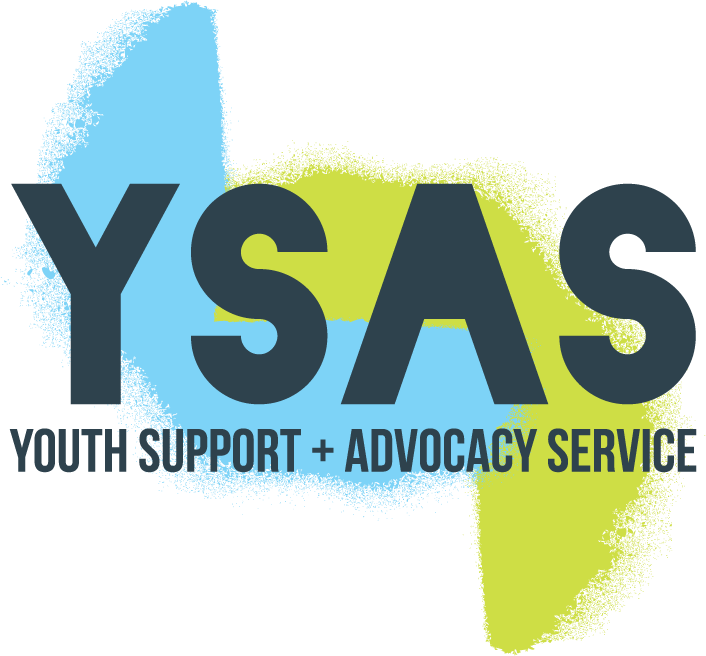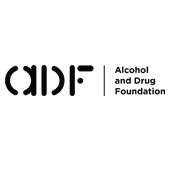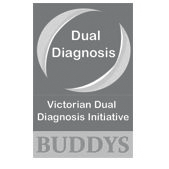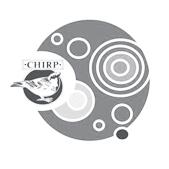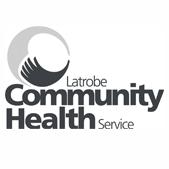Research
What is FASD and how common is it?
You may very well have heard/seen the letters FASD thrown around in a care team meeting or written in a client report, but what is FASD?
Foetal Alcohol Spectrum Disorder (FASD) is a neurodevelopmental disorder caused by exposure to alcohol in utero. It can contribute to a range of physical, cognitive, developmental and emotional deficits. FASD is often referred to as the ‘invisible disability’ due to the complexity of diagnosis.
The Telethon Kids Institute completed a study of 100 young people aged between 10 and 17 that were incarcerated at a Western Australian youth detention facility and found that 89 per cent had at least one area of severe neurodevelopmental impairment.
Researches are hoping that their findings will act as a catalyst for change within the justice system as the need to better assess for and identify FASD will have huge implications for young people in terms of ethical and developmentally appropriate sentencing. Furthermore, earlier detection and diagnosis could promote early intervention and prevention of young people entering the justice system at all. FASD is currently not recognised as a disability in Australia, meaning that access to support, education and early intervention is limited.




